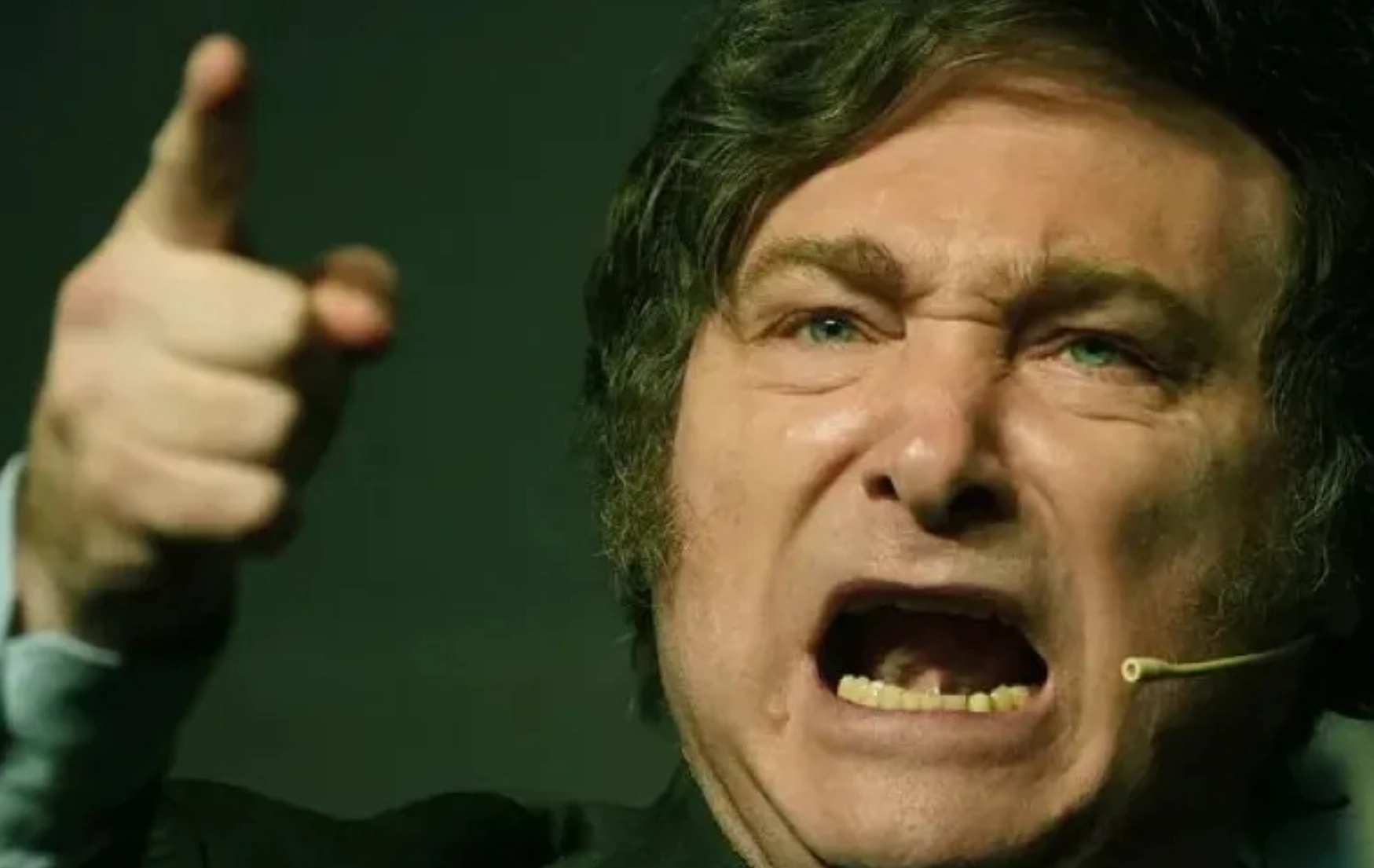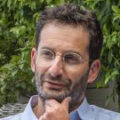Coauthor Emmanuel Guerisoli
In Argentina, the dictatorship discourse replaces history. On the eve of what would seem to be one of the most relevant presidential elections since the return of democracy in 1983, we see a novelty: the propaganda of the old military dictatorship is repeated in the campaign and the historical debate is relegated to oblivion. The idea of “excesses” is returned to, which concretely denies the reality of the past: the systematic extermination plan and its crimes against humanity that triggered the military trials from 1985 onwards. There is nothing original in this; it represents a new Latin American trend of historical denialism. The same was done by Jair Bolsonaro in Brazil and José Antonio Kast in Chile justifying their respective dictatorships.
The current Argentine candidate for vice president of Liberty Advances and future head of the defense and internal security areas, Victoria Villarruel, is trying to reframe the non-state violence of the 1970s, revitalizing the role of the dictatorship. This non-interpretation of the Junta is not exclusive to Villarruel, but also to her running mate, Javier Milei, to The Economist: “There was a war between a group of subversives who wanted to impose a communist dictatorship, and on the other side there were security forces who exceeded in their actions.”
In reality, the so-called “dirty war” was not a real war, but an illegal militarization of state repression. It is a popularized expression that has to be explained in relation to the fascist genealogy of the country. The Dirty War did not have two combatants as protagonists, but victims and victimizers. The state waged “war” against its citizens. This state-sanctioned terror had its roots in the fascist movements of the interwar years. Historians speak of state terrorism, while Villaruel states that “state terrorism does not exist”.
Villarruel and Milei claim that state violence, although excessive, was justified and its effects saved the country from a communist dictatorship. They repeat the arguments of the dictators and the ideology of fascism in Argentina. To deny the systematic disappearance of tens of thousands of people; the murder, kidnapping, indefinite detention and torture, and rape of thousands more; the theft and looting of the private property of the disappeared, kidnapped and their families; the kidnapping, retention, and commercialization of babies and children of the disappeared, and the nationwide construction of a clandestine network of concentration camps, and call it “excessive action” is at best ignorant, and at worst a cover-up. It is the same logic of Trump in the U.S. and Bolsonaro in Brazil.
Historically, non-state political violence in Argentina was part of a global socio-political process and not only protagonized by guerrillas or leftist/communist organizations. Villarruel and Milei do not mention the relationship between the military dictatorship and the heirs of the anti-Semitic Catholic Tacuara group and, above all, of the most violent terrorist organization in Argentina: the Triple A, which was responsible for more than 900 homicides in two years and functioned as a parapolice arm of Juan Domingo Perón’s government and later Isabel Perón.
The Montoneros and ERP guerrillas were not allied organizations. Both guerrillas committed criminal acts and were responsible for hundreds of deaths during military and democratic governments, but they never came close to defeating the state and taking power.
This does not justify the violent and homicidal acts of the guerrillas. Many of their victims deserve to be remembered and their deaths should not be framed as the result of heroic acts of resistance. But there are essential differences between crimes produced by non-state organizations and those committed by state agents. When Villarruel claims that it is unjust for Argentine military officers to be investigated and convicted for crimes against humanity, whose criminalization and with no statute of limitations period was legislated after the commission of such acts, he forgets that the accused acted on behalf of the state and with the support of the state repressive apparatus. They were acting not as private citizens, to whom the principles of criminal law apply, but as the state itself. It is not unfair, on the contrary: Argentine legislators criminalized crimes against humanity in such a way as to have a more just state.
The links between Milei and Villarruel and fascist logic go beyond personal links with criminals. Villarruel took young people to the department of the dictator Videla, his uncle Ernesto was one of the high commanders of the concentration camp El Vesuvio and Milei worked as a personal advisor to the genocidal General Antonio Bussi in the 1990s.
Therefore, this denial of historical reality is absolutely dangerous for Argentine democracy. The Military Junta took power in 1976 illegally. If Milei and Villarruel do not have problem with this, they are legitimizing the extra-constitutional role that the armed forces had to “save” Argentina from existential dangers, real or not, and reestablish order in society. Those who do not question the legality of a coup d’état reveal their undemocratic intentions, as Milei justly did when he said that the coup attempt in Brazil on January 8 was organized by Lula and when he raised doubts about the legitimacy of the elections in the U.S. and Brazil.
When Milei accuses Lula and Chile’s President Boric of being communists, when he blames “cultural Marxism” for all the socio-economic decline in Argentina, and the world, in the last 40 years, and when he fantasizes that in the 1970s a group of subversives tried to impose a communist dictatorship in Argentina, he is defining who the country’s existential enemies are.
In his vision, he and his political platform embody a messianic crusade against communist forces. These enemies have no place in Milei’s Argentina, their mere existence endangers it and in this ideological framework, repression and dictatorship cannot be ruled out. The intolerance and discursive violence of Milei and Villarruel must be related to their denial of past and recent histories of authoritarian coups and violence. This denial of history is a central aspect of the danger Javier Milei represents to democracy.
Emmanuel Guerisoli is a lawyer. Ph.D. candidate in Sociology and History at the New School for Social Research (New York). Specialized in international criminal law, constitutional law, and human rights. He holds a Master’s in International Studies and Sociology.
*Translated by Janaína Ruviaro da Silva from the original in Spanish.













